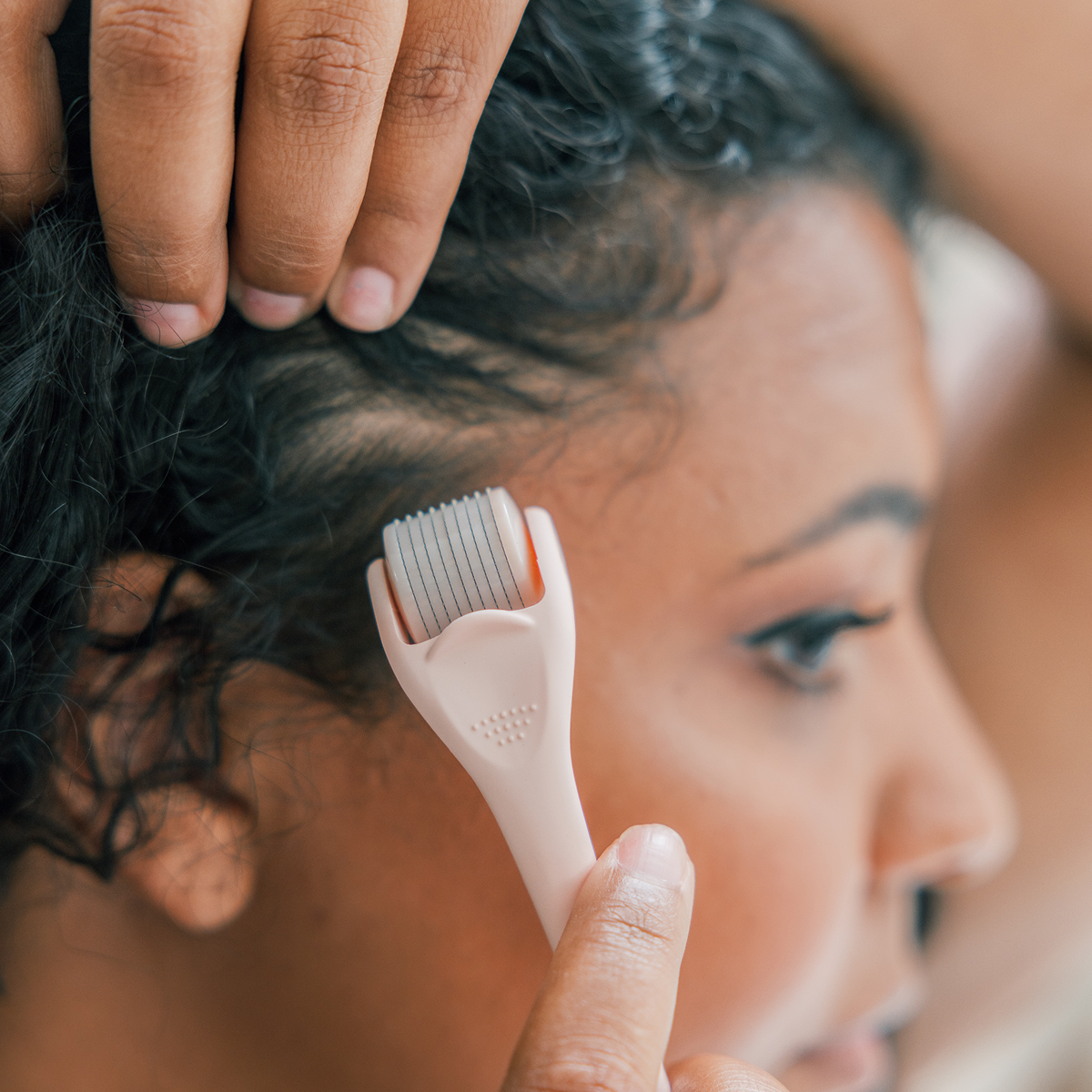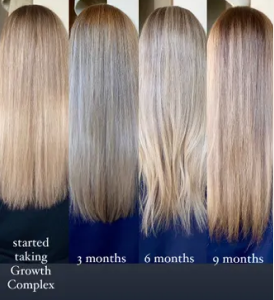With the FDA proposing new regulations for sunscreens to make sure they’re safe and effective, we thought it was a good time to review what we knew about sunscreen – how it works, what it does to our bodies, and to the environment.
We use sunscreen a lot more than we used to, and that means the long-term effects of sunscreens on our bodies, and our environment, are becoming more and more important. It’s past time that we started to consider sunscreen holistically, and not just for its sun-blocking abilities.
After much research, (and after trying out a few different options ;) ), we’ve come to the conclusion that mineral sunscreens are the best option and beat out chemical sunscreens not only in their safety for humans, but also for their safety of the environment.
But to help you make your own informed decision, check out the pros and cons of each below!
The difference between chemical versus mineral sunscreens
Chemical sunscreen
Absorbed into the skin, chemical sunscreen works by absorbing the sun’s UV rays and converting them into heat energy. That heat is then released from the body through the surface of the skin.
Active ingredients: oxybenzone, avobenzone, octinoxate, octisalate, octocrylene, homosalate.
Pros + cons of chemical sunscreen
Pros
- Quick and easy to apply as it tends to be thinner and easy to spread
- Less is needed to protect skin
- The formula is easier to add other beneficial ingredients (like peptides and enzymes) for the skin.
Cons
- Frequent application is needed as it doesn’t last as long
- Possibly increases brown spots because the temperature of skin is hotter (from absorbing the sun’s rays)
- The higher the SPF, the greater the chance of skin irritation, especially rosacea-prone skin
- Contains oxybenzone which is showing up in human breast milk, amniotic fluid, urine, and blood plasma and is also harmful to coral reefs and to the surrounding sea life
- Contains ingredients that are deemed to need more research by the FDA
Physical sunscreen
Acting like a shield, physical sunscreen sits on top of the surface of the skin creating a barrier that reflects the sun’s UV rays.
Active ingredients: titanium dioxide, zinc oxide.
Pros + cons of mineral sunscreen
Pros
- The main active ingredients, zinc oxide and titanium dioxide (at concentrations of up to 25%) are generally recognized as safe and effective (GRASE) for use in sunscreens, according to the FDA.
- Known to be less irritating, so it’s better for sensitive skin
- More moisturizing
- Reflects UV rays versus absorbing them
- Lasts longer as fewer applications are needed
Cons
- Can feel heavier on the skin
- Can rub off more easily
- It can be difficult to fully blend into skin, leaving a white residue behind (although new products are increasingly getting better at remedying this issue)
The verdict
Here at Hair Love, we like to keep it natural, which is why we prefer mineral sunscreen. While chemical sunscreen can be the more convenient of the two, and has its place because of that, mineral sunscreen appears to be the better option for your health and for the health of the environment!
Sunscreen is the first step
Remember, applying sunscreen is only the first step in protecting your skin from the sun. Be sure to stay hydrated (drink 8 8OZ glasses of water per day), and wear the proper protection including, long clothes, hats and sunglasses – and be sure to take shelter in the shade when the sun is at its highest UV index (which you can find on your local weather app). A UV index of 6 or higher means you should take cover for a while!
And don’t forget about your hair! Use a leave-in conditioner with UV protection to keep it safe from the sun, too.
For more tips on health and beauty, check out more on the Hair Love blog, and shine on, beauty!



























